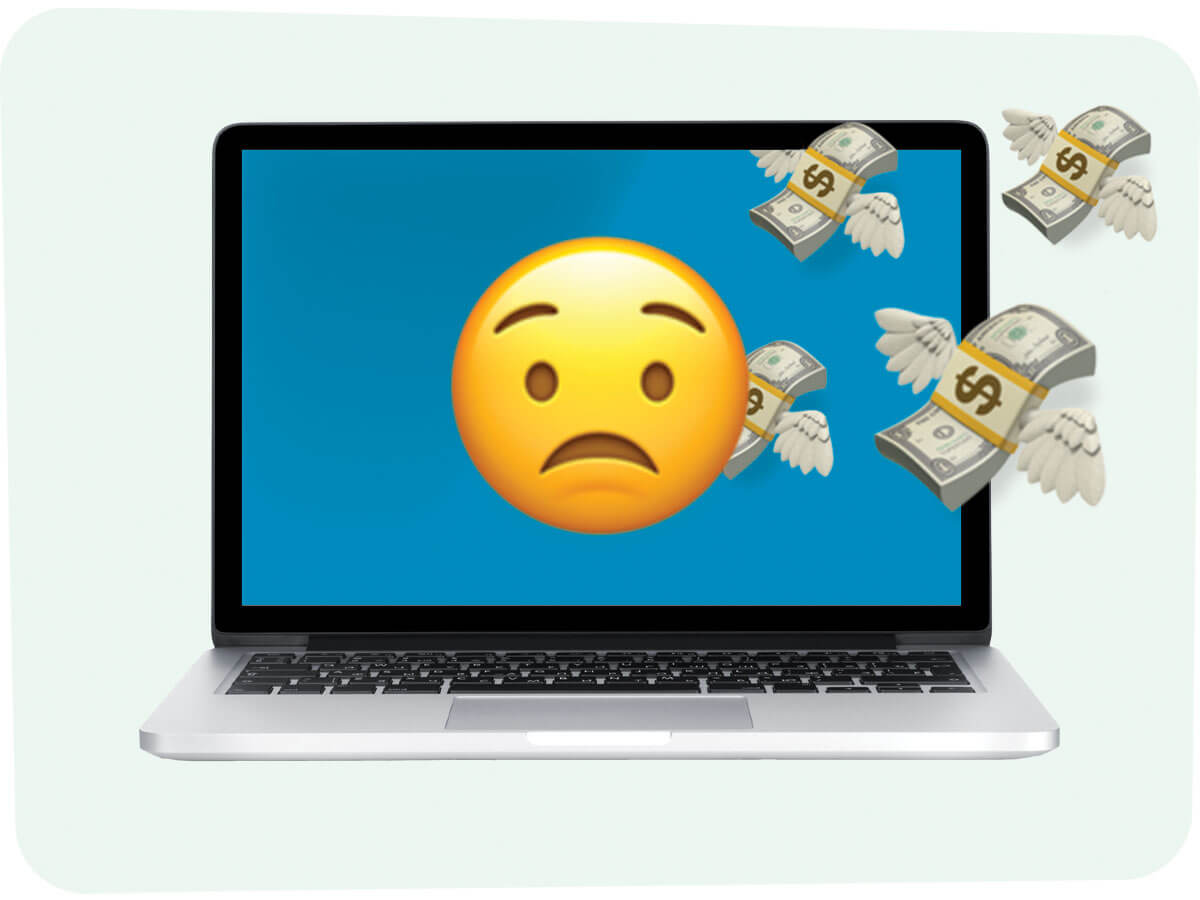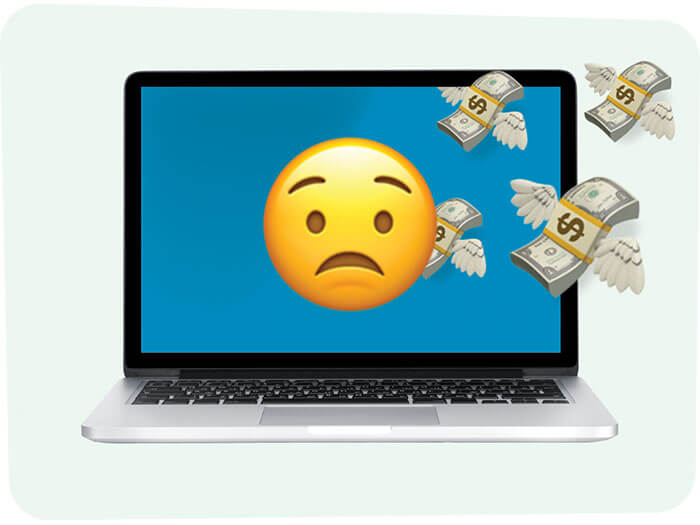
A catalogue of the latest cons and scams
 Users following the promise of free media streaming services inadvertently signed up to pay US$49.95 per month (iStock)
Users following the promise of free media streaming services inadvertently signed up to pay US$49.95 per month (iStock)
32.4 million
The average number of monthly visits to a network of media-streaming websites operated by a Barbados-based company in 2020. The websites promise free, unlimited access to movies, e-books and other content.
Users were asked to sign up for a five-day free trial. But, if they read the fine print, would learn that once the trial expired their credit cards would be automatically charged US$49.95 per month.
In total, the websites netted “hundreds of millions of dollars,” according to an investigation by CBC’s Radio-Canada.
“A lot of people just pay their credit card bills and don’t really look at them,” Better Business Bureau international investigations specialist Steve Baker said in a CBC report.
US$750,000
The amount a U.S.-based company had wire-transferred to a fraudulent account after falling prey to a business email compromise (BEC) scam when a Canadian company, who was also a target, reported the suspected fraud to the Canadian Anti-Fraud Centre (CAFC). Authorities acted quickly and the CAFC partnered with the United States Secret Service, who then put a hold on the transfer and ultimately reversed the transaction.
BEC scams fall under the category of “spear phishing” and use emails made to look like they’ve been sent from a secure and known source. In 2020, the CAFC reported 779 victims of spear phishing with losses totalling $29.9 million.
Fraud rising
It turns out last year’s jarring fraud statistics in Canada—a likely by-product of the pandemic—were not an anomaly. According to data released by the Canadian Anti-Fraud Centre, while the number of victims of fraud are projected to rise there has already been a noticeably sharp increase in the financial impact this year compared to 2020.
STAY ALERT
Get insights from CPA Canada’s 2021 fraud predictions and annual fraud study; as well as the book Uncovering fraud: True stories about fraud, fraudsters and how they got caught.